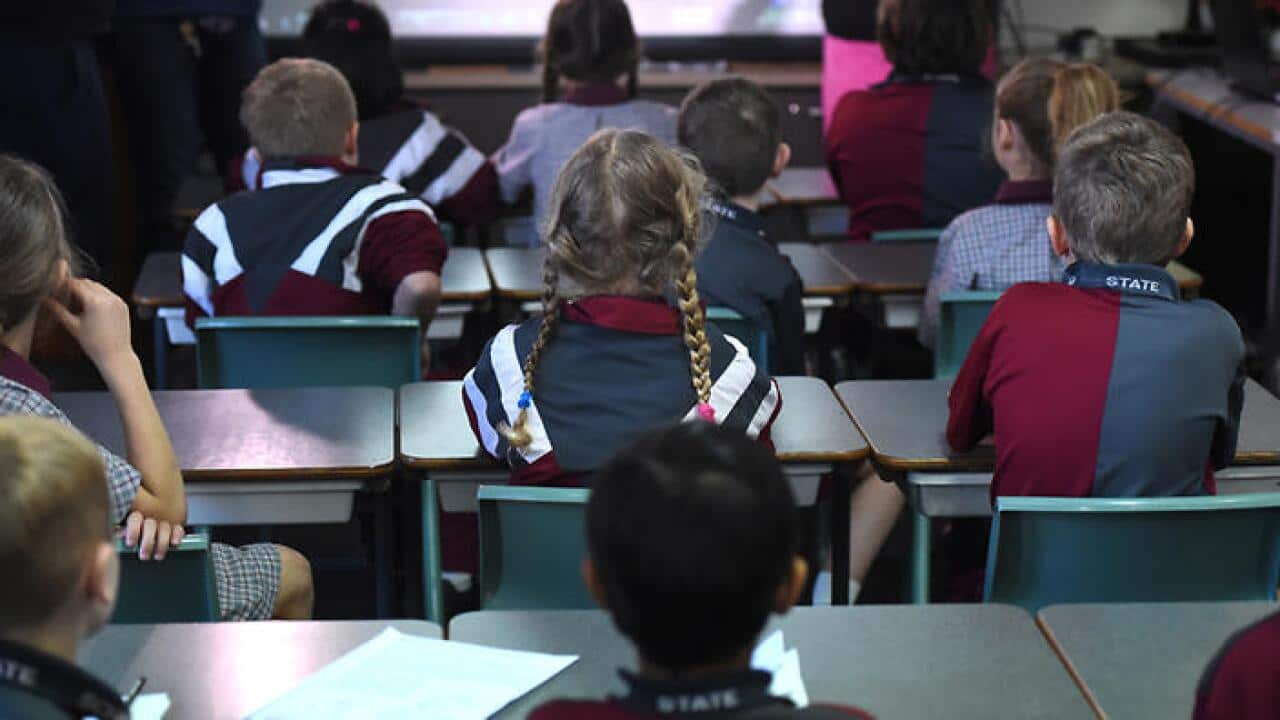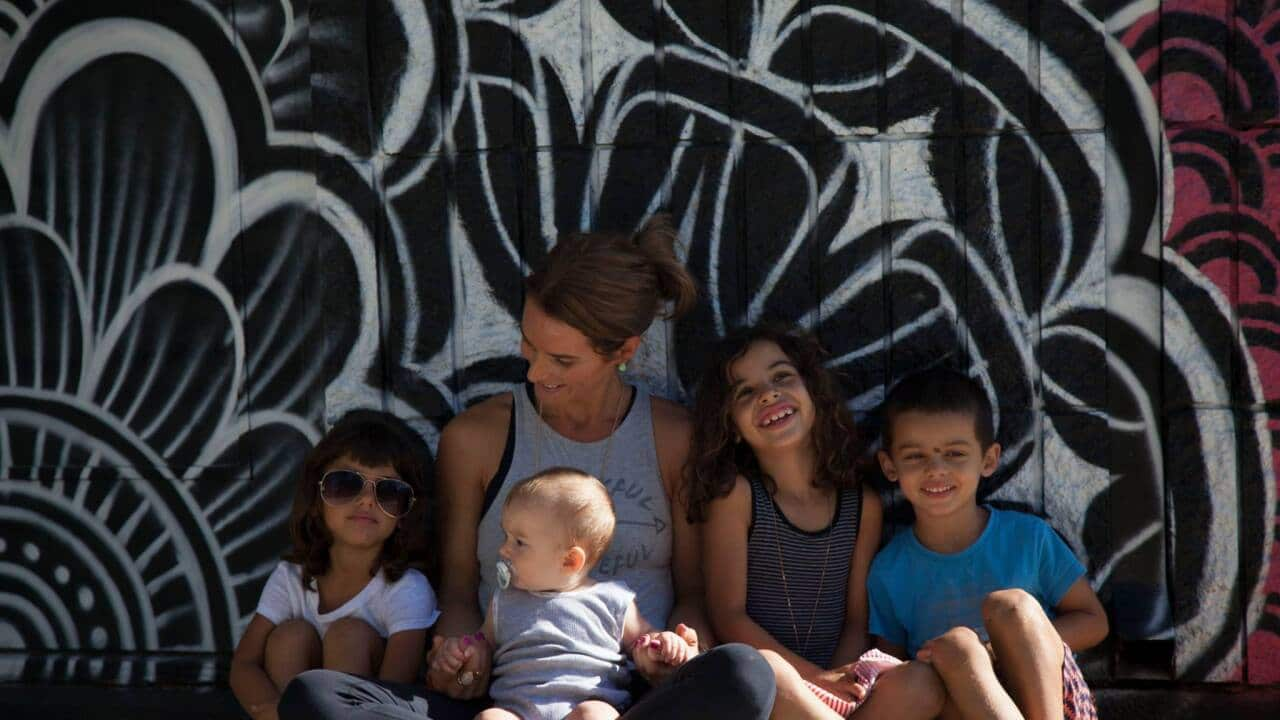Virtual school Aurora College is using state-of-the-art technology to address the growing gap in achievement between country and city students in New South Wales schools.
In Australia, than their metropolitan counterparts. Less than 60 per cent of remote students complete Year 12, compared to 78 per cent in major cities.
Aurora College, a state-run selective high school, caters for children from rural and remote regions of NSW. Students come from all corners of the state, from the southern side of the NSW-Queensland border to Broken Hill to Eden in the south, “and all points in between", says the foundation’s principal, Chris Robertson. “We exist purely and simply to offer a broad range of curriculum opportunities for kids in rural and remote areas.”
Aurora College, which operates out of a head office in Ryde, is effectively two schools in one. Students sit the Selective High School Placement Test to gain entry to the college in Years 7 to 10, where they study English, math and science. The remaining 60 per cent of the curriculum is delivered by their home school.
The Year 11 and 12 program allows students to study subjects not offered at their local school. Students can study one or more subjects at Aurora, which may include Extension 1 and Extension 2 mathematics and English, physics, chemistry or economics.
“If you're a student in Bourke and you have an interest in studying physics in years 11 and 12, but for whatever reason your local government school is unable to provide a teacher or a class, then you can, with the approval of the home school principal, apply to study that subject with Aurora College,” says Robertson. “It's all about giving students and parents choice.”
What makes Aurora College revolutionary, and distinct from other virtual schools around the world is that it offers what Robertson calls “synchronous online lessons.”
“We're not a distance education model with additional technology, but a face-to-face provision with real time lessons,” says Robertson. “That's quite unique.”
Students log into the school’s online conferencing software and participate in classes led by teachers who can see and hear the students in real time, thanks to webcams and microphones. While the network is “reliable and robust”, students sometimes have trouble logging in at home, especially those who live in remote areas. “That situation is changing as the rollout of the NBN continues across the state,” says Robertson. Photo credit: Aurora College's
Photo credit: Aurora College's

Virtual school Aurora College is using state-of-the-art technology to address the growing gap in achievement between country and city students in NSW. Source: facebook.com/AuroraCollegeAU
The school features a virtual campus, built using technology developed by the University of Wollongong. “We've been able to provide a virtual playground for the kids to hang out at recess and lunch time with their Aurora mates,” says Robertson. Other spaces include a lecture theatre, where outsiders can come to give presentations to the students, and the school hall, where parent-teacher evenings will be held later in the year.
This technology is also used to offer weekly masterclasses delivered by experts from scientific, cultural, and tertiary education institutions as well as the business world. “No matter where they are in the world we're able to bring them into the classroom,” says Robertson.
Those experts could be an astrophysicist from CERN (a European organisation for nuclear research), the home of the Large Hadron Collider located on the French-Swiss border, or representatives from organisations like CSIRO, State Library of NSW, Macquarie University, Sydney University, Australian Nuclear Science and Technology Organisation and Microsoft.
“We also had a human rights lawyer present a wonderful session from Geneva,” says Robertson. “He got up at some ungodly hour to present to our students here in New South Wales.”
We've been able to provide a virtual playground for the kids to hang out at recess and lunch time with their Aurora mates
Aurora College also offers a mentoring program. “Our aim there is to be able to link any student with a person who is a leader in their field, in a particular area of interest,” says Robertson.
As it does with its students, Aurora College shares its teachers with other high schools around the state. “Teachers typically have a .2 allocation to Aurora, and .8 to their home school,” explains Robertson, which means they spend one day in five working on their Aurora classes. Roughly 40 per cent come from regional areas and 60 per cent from metropolitan areas.
A residential school program runs twice a year to allow students and teachers to meet face-to-face. Early in 2017, teachers and students spent a week at Sydney’s northern beaches. Another camp is planned for Bathurst later in the year. “Kids and teachers from all over the state travel to that central location for a week of classes, tutorials, excursions, master classes, and mentoring sessions,” says the principal.
The school’s origins lie in the NSW Department of Education’s 2013 Rural and Remote Education strategy, which found a growing gap in achievement between students attending rural and remote schools and those in metropolitan areas. A virtual school was proposed as a possible solution, and classes started 12 months later, on February 2, 2015.
We also had a human rights lawyer present a wonderful session from Geneva.
One of the advantages of the virtual model is that it keeps country kids in their communities, “where their social and emotional needs are best catered for,” says Robertson. At the same time, they become part of a state-wide cohort of like-minded students with similar abilities. “Connecting kids in this way is a very powerful thing,” he observes.
The school currently has 210 students, eight of whom are Indigenous. Robertson says that in five years, the school could accommodate up to 500 students.
In the future virtual schools, and the technology they use, will become more common throughout the Australia education system, says Robertson. “What we have shown is that the technology exists to provide opportunities for groups of schools to work together, to share resources, and to share expertise. And those schools could be geographically remote from each other, as is the case with Aurora College, or it could be that two or three neighbouring Sydney schools could share a timetable and share a classroom teacher in this way using the same technology that we're using.”
'Testing Teachers' is a three-part observational documentary that will take viewers behind the school gate to reveal the struggles and success Australian teachers face in the schools of Australia's toughest communities. It follows six first-time teachers over the course of 12 months as they start their new career. Testing Teachers premieres on SBS on Wednesday 19 April at 8.30pm and will be available after broadcast, streaming anytime on




